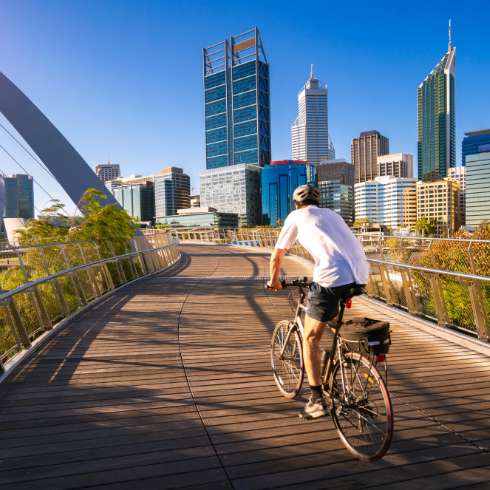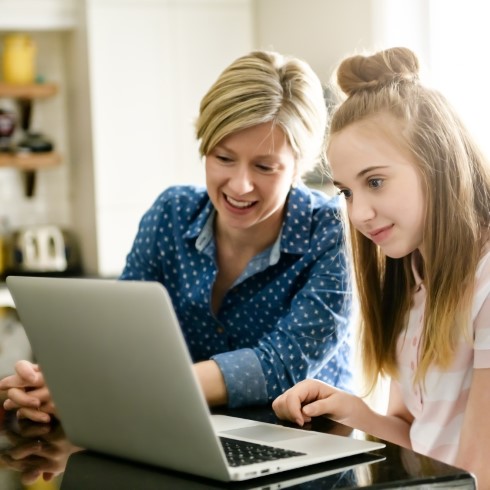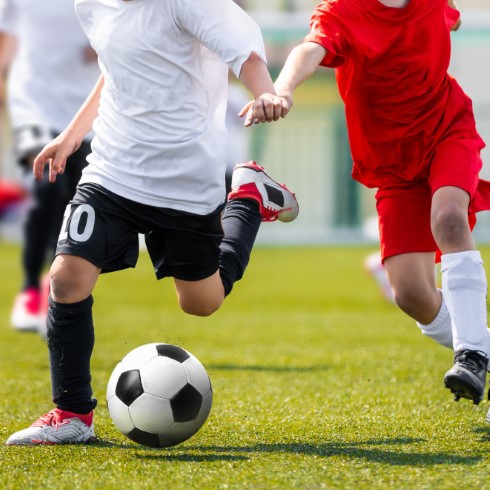
EMPA SNS
Do you have?
- BMI >30
- Diagnosed with type 2 diabetes or prediabetes
- Diagnosed with high blood pressure
- Aged between 25 and 65 years
What’s it about?
Could a single medication manage all the components of metabolic syndrome?
If you are interested in participating or for more information, please contact Anu Joyson.
Ph: 08 9224 0390 E: anu.joyson@uwa.edu.au

MODUS
Do you have?
- High Blood Pressure
- Type 2 Diabetes
- Fatty Liver Disease
What’s it about?
The purpose of this study is to evaluate liver & kidney denervation and detect improvements in blood pressure and blood sugar levels.
If you are interested in participating or for more information, please contact Ancy Jose.
Ph: 08 9224 0317 E: ancy.jose@uwa.edu.au

Young people and participation in research
What factors influence the participation and non-participation of young people with T1D and their parents in research?
About the project
There are many reasons why people choose whether to participate in research and we would like to investigate these reasons for people with type 1 diabetes (T1D). The project seeks to explore the knowledge, attitudes, expectations and experiences of young people with T1D and their families about participation in research. We will do this by holding focus groups with young people with T1D aged 13-25 years, and parents of children with T1D. We would like to hear from all members of the T1D community, whether they have participated in research or not. By investigating the T1D’s understandings, experience and expectations of research, we aim to ensure that our research is relevant and acceptable to the diabetes community.
How can you be involved?
We are looking for parents and adolescents to:
- Read and give feedback on questions that will be asked of young people and parents. (1-2hrs)
- Review information sheets for the study to make sure they are clear and easy to understand. (1hr)
This can be done at home by email, phone or virtual meetings. No special skills are required.
To register your interest, please email diabetes.research@health.wa.gov.au

Toddler Working Group
About the project
Caring for a child with type 1 diabetes is challenging, and perhaps even more so when the child is a toddler. Perth Children’s Hospital’s Diabetes Clinic is currently working to improve services and resources for families with toddlers. We would like to invite parents of toddlers to be part of this group to ensure we are meeting the needs of our type 1 families.
How can you be involved?
The first aim of the group is to survey parents of all toddlers in the clinic to enable us to understand their needs and identify any gaps in the current care they are receiving – in terms of resources, education materials, interactions with their clinical team etc. We would like a couple of parents to review this survey and provide feedback which can be done via email.
The next aim is the development of the resources. We would like to partner with parents to develop resources for nutrition, managing pumps, sick day management etc. This can be done at home by email, phone or virtual meetings.
The final aim is to coordinate parent sessions, mentors and get-togethers. This will be done in consultation with parents.
To register your interest, please email diabetes.research@health.wa.gov.au

Supporting players with T1D and their coaches in sport
About the project
Physical activity is important for people living with type 1 diabetes (T1D) as it prevents diabetes-related complications later in life and promotes positive mental health. However, fitness levels for young people with T1D are overall lower than in the non-diabetic population. Our research team explored the reasons for this in focus groups with adolescents and young adults living with T1D. During the focus groups, the lack of awareness and understanding of diabetes among sports coaches was raised as a re-occurring challenge when participating in sport.
This project – Supporting players with T1D and their coaches in sport: developing resources to educate and empower – aims to develop evidence-based resources to upskill coaches on T1D to improve their knowledge, understanding and confidence in coaching young people with T1D. Similarly, we aim to identify whether a resource can be developed for young people with T1D to empower them to participate in sport. The resources will be developed by young people with diabetes, parents, sports coaches, health care professionals and researchers.
How can you be involved?
We are looking for two parents and two adolescents to help the research team with the following activities:
- Read and give feedback on survey and interview questions that will be asked of young people, parents and coaches. (1-2hrs)
- Review information sheets for the study to make sure they are clear and easy to understand. (1hr)
- Review the resources as they are being developed and give feedback on the content. (3-4hrs spread out over the course of the study).
This can be done at home by email, phone or virtual meetings. No special skills are required.
To register your interest, please email diabetes.research@health.wa.gov.au

